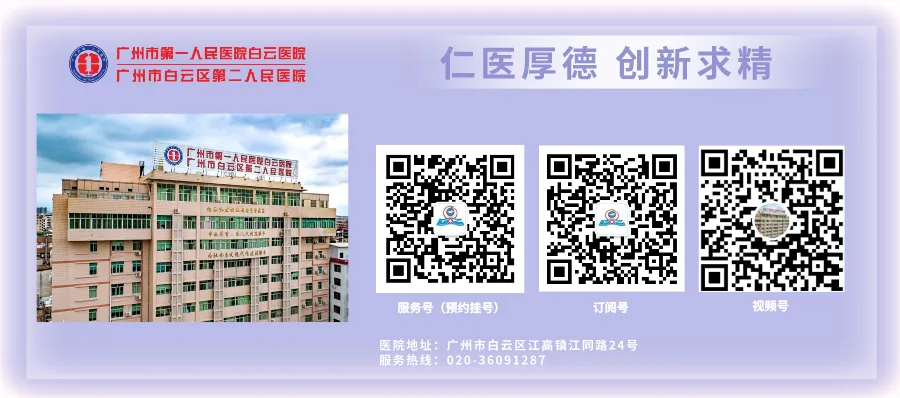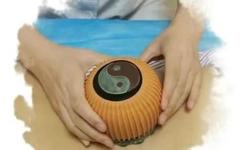Recently, the weather has been humid, and excessive dampness is one of the factors causing illness in spring and summer. When the body’s vital energy is insufficient and resistance decreases, dampness can invade the body, leading to a series of discomforts: symptoms may include abdominal distension, loss of appetite, abdominal pain and diarrhea, heaviness in the head and body, among others. Many individuals have also experienced acute upper respiratory infections, skin eczema, and gastrointestinal discomfort.Therefore, eliminating dampness and strengthening the spleen is a major task for health maintenance in spring and summer.
With heavy dampness, Dr. Shi Jingwei, Chief Physician of the Traditional Chinese Medicine Department at Guangzhou First People’s Hospital Baiyun Hospital (Guangzhou Baiyun District Second People’s Hospital), recommends using external TCM treatments combined with diet and physical exercise for comprehensive conditioning.
External TCM Treatments— methods such as fire dragon cupping, moxibustion, and cupping can be used to eliminate dampness.
Diet should focus on strengthening the spleen and eliminating dampness; foods such as Bai Bian Dou (White Hyacinth Bean), Chi Xiao Dou (Adzuki Bean), Shan Yao (Chinese Yam), Fu Ling (Poria), and Yi Yi Ren (Job’s Tears) are recommended.
Physical Exercise should include appropriate aerobic activities, such as practicing Ba Duan Jin (Eight Pieces of Brocade), Yi Jin Jing (Muscle-Tendon Change Classic), and brisk walking to enhance resistance.

TCM Therapies

Fire Dragon Cupping
Fire dragon cupping is a unique TCM therapy that integrates moxibustion, tui na (Chinese therapeutic massage), gua sha (scraping therapy), essential oils, and magnetic therapy. It effectively eliminates superficial dampness, especially effective for heaviness caused by internal dampness. The technique combines soft and hard methods, balancing tonification and draining, providing excellent comfort for patients with good temperature penetration.
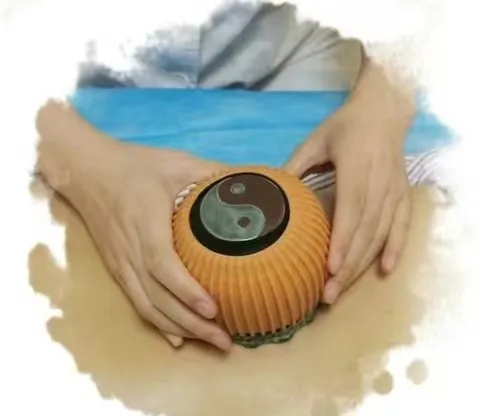
Moxibustion
Moxibustion has the effects of dispelling cold, eliminating dampness, and strengthening the spleen. Key acupuncture points for dampness elimination include Qi Hai (Sea of Qi), Guan Yuan (Origin Pass), Zhong Wan (Middle Cavity), and Zu San Li (Leg Three Miles). Zu San Li and Zhong Wan can strengthen the spleen and stomach, enhancing the body’s ability to transform and transport dampness; Guan Yuan and Qi Hai can tonify the root and enhance kidney qi, improving the body’s ability to expel dampness. Professional moxibustion treatment can also be performed in the TCM department, using a moxibustion box placed on the lower back or abdomen for warming treatment.
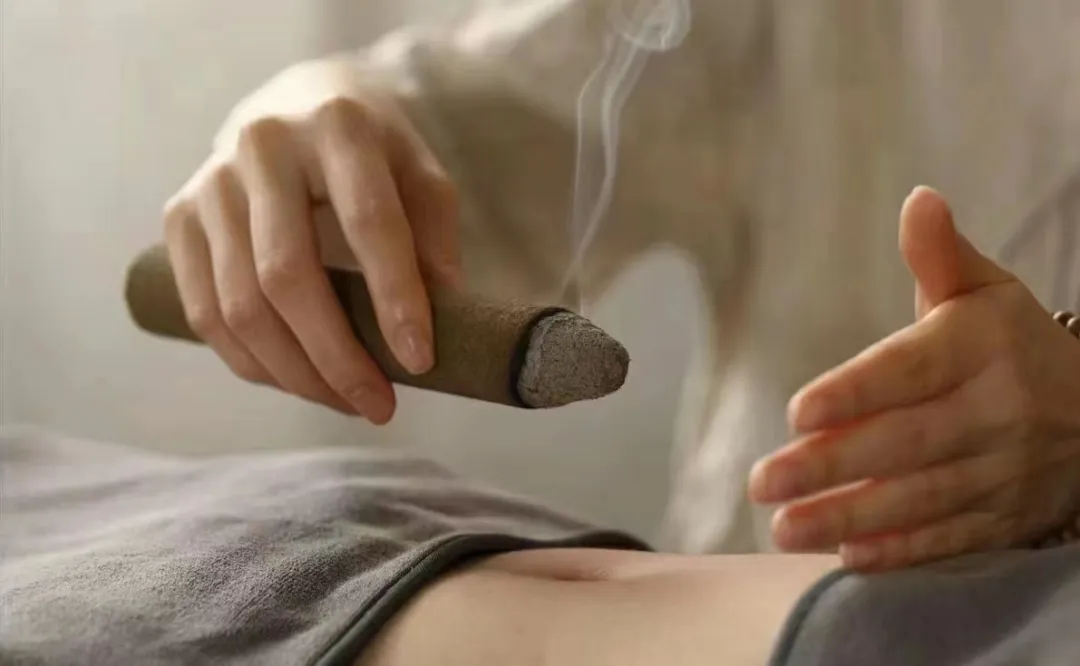
Kapok Flower Damp Tea
Ingredients:30g of Kapok Flower, 30g of Sophora Flower, Chrysanthemum, Luo Han Guo (Monk Fruit), Chen Pi (Dried Tangerine Peel) or Sha Ren (Cardamom) 12g.Method:Wash the Kapok Flower, Sophora Flower, Chen Pi or Sha Ren, and place them in a clay pot with 600ml of water. Bring to a boil over high heat, then simmer on low heat for one hour.Indications: This tea is particularly suitable for those with heavy phlegm-dampness, feelings of heaviness and weakness, and sore throat with excessive phlegm, but is not suitable for those with a cold constitution or poor appetite.
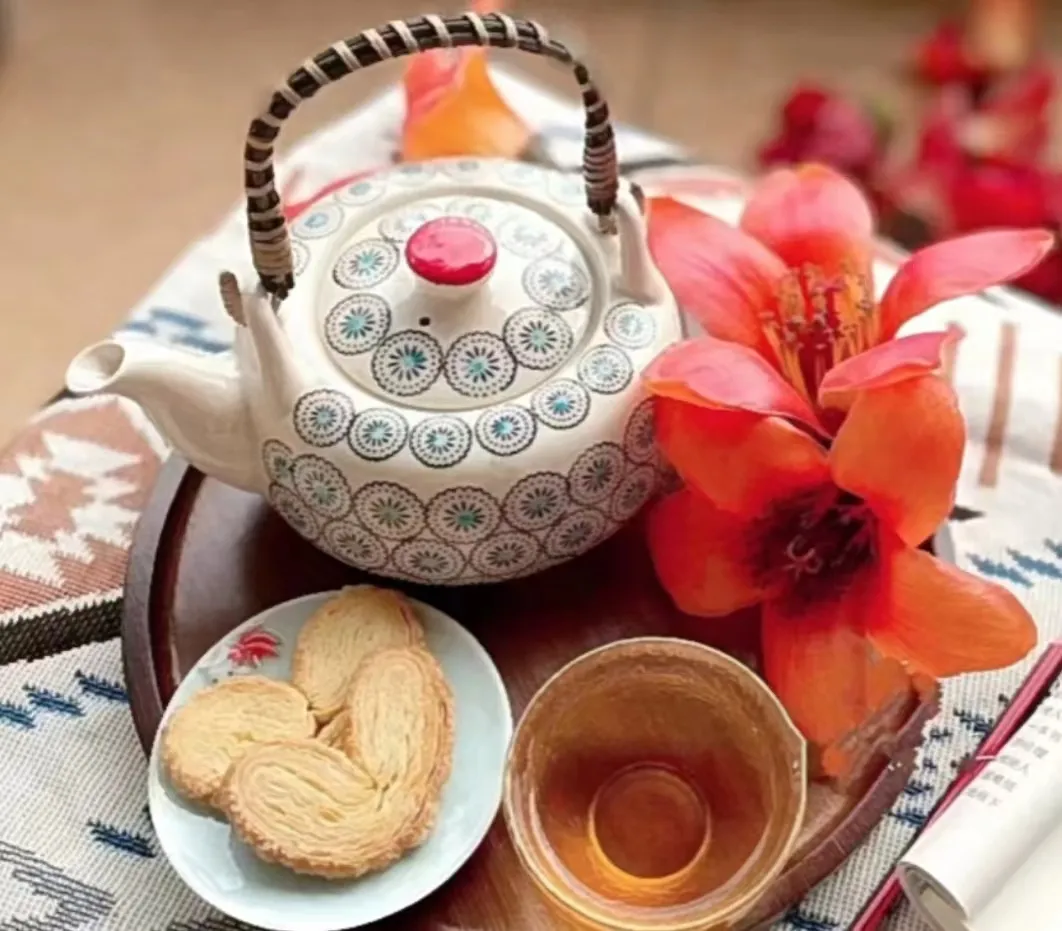
Mugwort Foot Soak RecipeRecommended by Renowned Physician:Dr. Shi JingweiMethod: Take 30g of dried mugwort, boil it in water, pour it into a foot basin, and add hot water until the temperature is bearable. Soak both feet in the basin until the water covers the ankles for 10-15 minutes until the body feels slightly warm and the forehead sweats lightly. It is advisable to drink some warm water to replenish fluids. Note that individuals with weak constitution, low blood pressure, elderly patients, and those with diabetes may have reduced sensitivity in their feet and may not accurately perceive temperature. It is recommended to measure the water temperature to around 35°C before soaking to avoid burns from excessively hot water.Effects: Mugwort foot soaks can dispel dampness and eliminate cold.
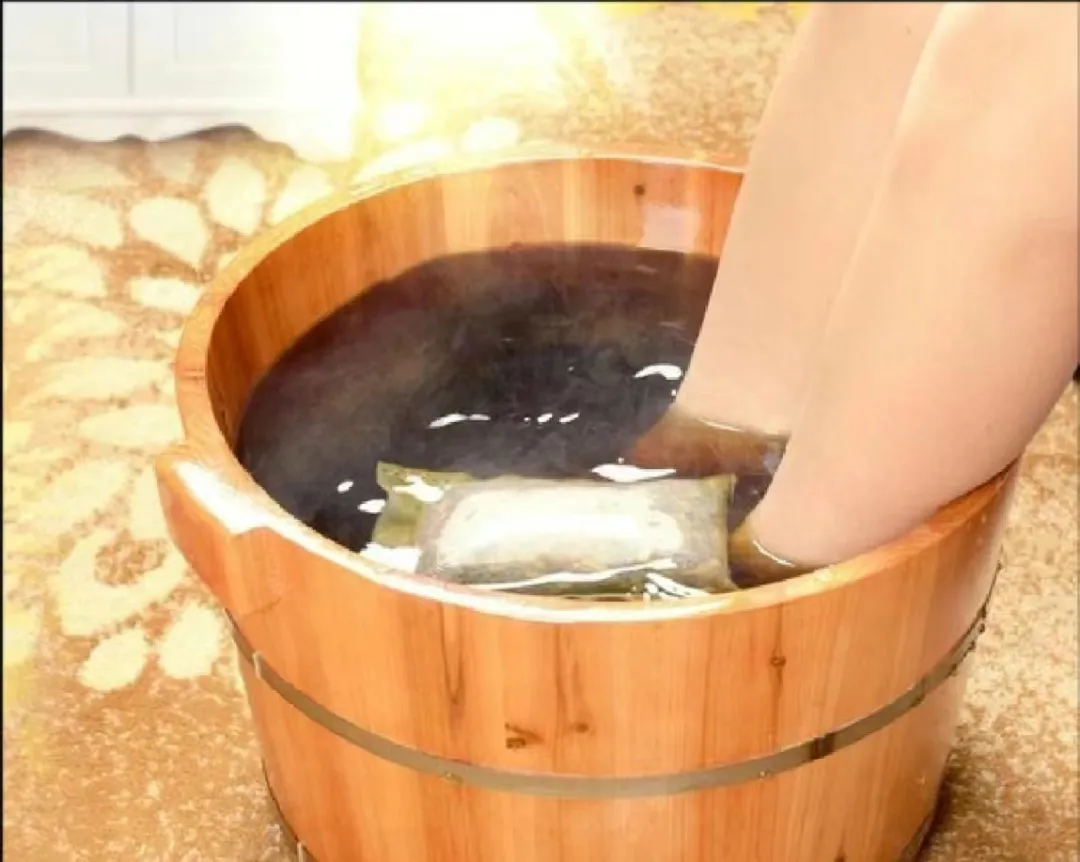
Expert
Introduction
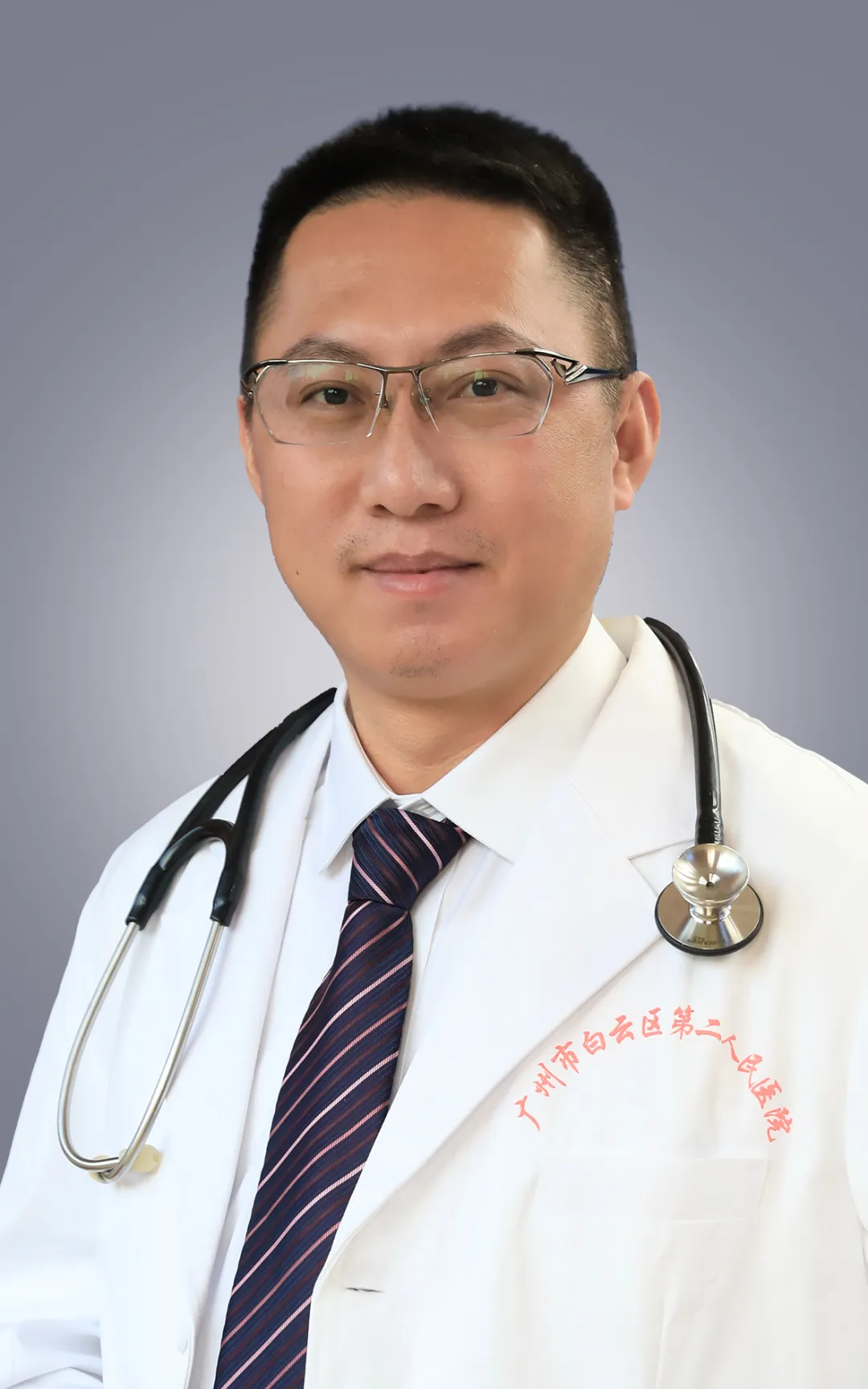
Dr. Shi Jingwei is the head of the TCM department, Chief Physician, and holds a Master’s degree in Medicine. He has in-depth research on common diseases in TCM and rehabilitation, focusing on the study and clinical application of TCM classics, the differentiation of six channels in cold damage, and the five movements and six qi. He advocates the integration of TCM and Western medicine in treating cerebrovascular diseases such as cerebral hemorrhage and cerebral infarction, with rich clinical experience in acute cerebral hemorrhage, cerebral infarction, and their complications. He is skilled in using TCM and acupuncture to treat spinal diseases and common internal medicine conditions such as cervical spondylosis, headaches, lumbar and leg pain, chronic gastritis, menstrual disorders, stroke sequelae, and sub-health conditioning.
Consultation Hours: Monday and Friday mornings
Doctor
Introduction
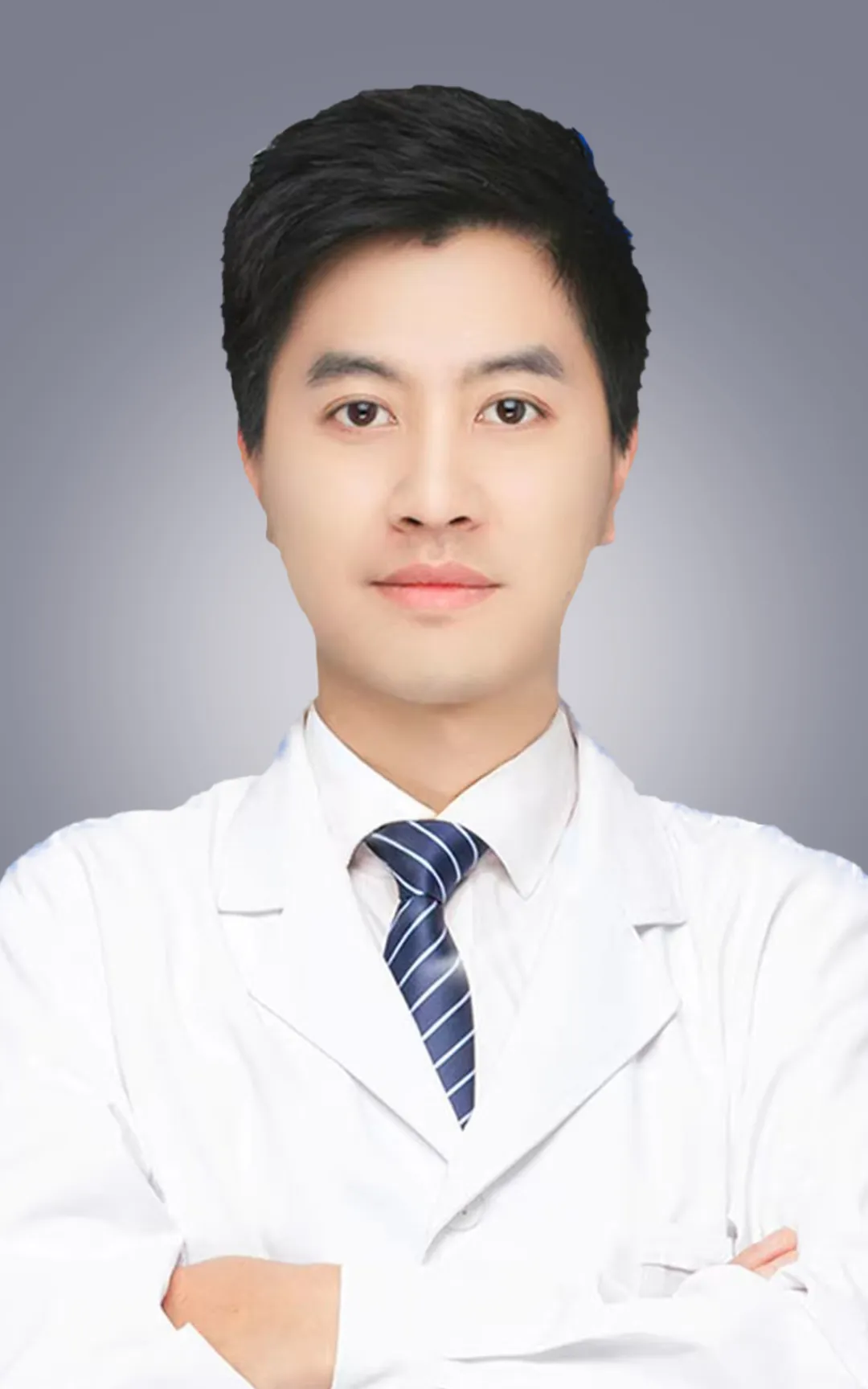
Dr. Liu Yonghua is an attending physician with a Master’s degree in TCM, trained under renowned TCM physician Zhou Hongbin. He specializes in TCM treatment of abnormal blood sugar, blood lipids, blood pressure, obesity, and metabolic syndrome. He has unique insights into recurrent colds, coughs, allergic rhinitis, and bronchial asthma, with effective medication strategies. He achieves good results in regulating gastrointestinal disorders such as stomach pain, bloating, constipation, and chronic diarrhea using a combination of acupuncture and herbal medicine. He also has unique insights into gynecological issues such as menstrual disorders, dysmenorrhea, and infertility, achieving good therapeutic effects. He practices acupuncture for headaches, toothaches, neck, shoulder, and back pain, advocating the combination of medical care and traditional exercise methods to restore balance in the body’s organs.
Consultation Hours: Monday, Tuesday, Thursday, Sunday all day, Saturday afternoon
TCM Department
Opening Hours: Monday to Sunday
Outpatient Address: TCM Department, 3rd Floor, Building 3, Main Hospital; TCM Department, 2nd Floor, Gao Tang Men Outpatient Department
Inpatient Address:: Inpatient Department of Integrated Traditional and Western Medicine, 7th Floor, Outpatient Building
Contact Number: 020—86206529
Submitted/Reviewed by: Yu Daiqing / Shi Jingwei (TCM Department) Edited by: Zhang Yang
